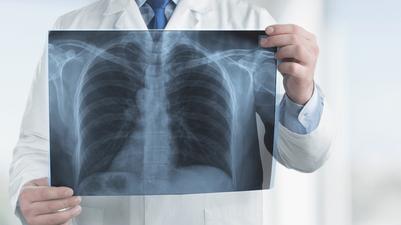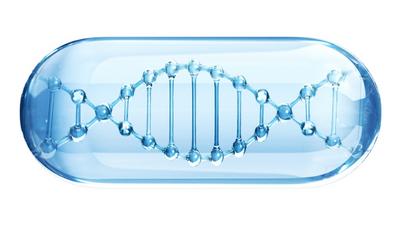Disease name: Cystic Fibrosis
ICD-10 Disease Code: E84.9
Cystic fibrosis, unspecified
ICD-10 Disease Group: E84- Cystic fibrosis
General description:Cystic fibrosis is a common inherited disease charaterised by the build-up of large amounts of thick mucus in organs that. This mucus can damage organs and the disease is commonly associated with progressive damage to lung tissues and digestive issues.
While mucus is normally a protective substance found within the inner linings of organs, the abnormally sticky and thick mucus in cystic fibrosis can clog the lungs and lead to severe respiratory complications and increased risk of bacterial infection.
Cystic fibrosis is observed to be most prevalent in white babies, with a lower frequency in other ethnic groups.
Mutations:Cystic fibrosis is caused by mutations in the CFTR gene. The CTFR gene encodes the cystic fibrosis transmembrane conductance regulator (CTFR) protein that is responsible for developing ion channels in organ tissues. These ion particles are necessary components in the creation of free flowing healthy mucus, by controlling the flow of water to the tissues. Mutations in the CTFR gene prevent the formation of functioning ion channels, thus leading to reduced water flow to the mucus. The resulting thick mucus leads to inflammation, blocking the free air flow and damaging lung tissues.
Disease frequency:Cystic fibrosis is estimated to affect about 1 in 3,500 individuals worldwide.
The disease affects the male and female population equally.
Symptoms:Patients suffering from cystic fibrosis are often diagnosed at birth through a rudimentary heel-prick test.
Symptons often manifest in early childhood. Early stages of the disease are characterised by breathing difficulty due to mucus and inflamation. Additionally, mucus may also accumulate in the pancreas, leading to complications with digestion.
Common symptoms associated with the disease are recurring chest pains, wheezing, coughing and shortness of breath. Patients might also experience difficulties gaining weight and jaundice.
Treatment:While cystic fibrosis is still associated with shortened life expectancies, modern treatments have greatly improved the quality of life for certain patients. There is currently no cure for the disease, but treatments include both lifestyle changes and medicine. Medicinal treatments include antibiotics to combat infections and anti-inflammatory medicines for the treatment of inflammation caused by mucus build up. Additionally, bronchodilators improve breathing capabilities and CTFR modulators and mucus thinners help thin the sticky mucus.
More recently, the FDA has approved additional drugs for the treatment of certain groups of CF patients, depending on their exact mutations in the CTFR gene. For example, in 2019 the FDA approved the use of Trikafta (developed by Vertex Pharmaceuticals), a combination of three drugs - elexacaftor, tezacaftor and ivacaftor. The elexacaftor and tezacaftor bind to the CFTR protein and facilitate the cellular processing of F508del-CFTR. The combination helps to increase the amount of CFTR protein delivered to the cell surface, while ivacaftor aids in the gating of the CFTR protein at the cell surface. The combined effect of the three drugs boosts the amount and function of F508del-CFTR at the cell surface.
Sources:
- https://www.nhs.uk/
- https://www.cdc.gov/
- https://medlineplus.gov/
- https://www.nhlbi.nih.gov/
- https://rarediseases.org/
- https://www.clinicaltrialsarena.com/projects/trikafta/







